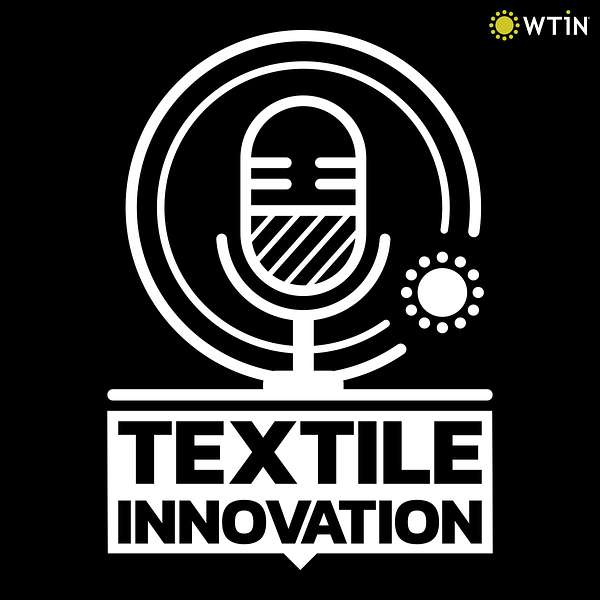
Textile Innovation
Join the World Textile Information Network (WTiN) as it welcomes a new special guest from the textile & apparel industry every two weeks. Tune in to hear the latest innovations and unmatched intelligence and insight on a global scale. From key manufacturers and textile technology hubs in Asia, the Americas, Europe and more, we speak with key opinion leaders, CEOs and start-ups – covering innovation across the entire textile & apparel value chain, plus external and influencing factors such as legislation, sustainability, digitalisation and trade.
To discuss any of our topics, get in touch by following World Textile Information Network (WTiN) on LinkedIn, or email content@wtin.com or aturner@wtin.com. To explore sponsorship opportunities, please email sales@wtin.com. Stay in the know with daily updates from WTiN when you sign up to the site.
You can find breaking stories, exclusive features and one-on-one interviews, long-form analysis, patents and event information all in one place. Intro music is a royalty free track from Music Unlimited on Pixabay.
Textile Innovation
Ep. 45: Avery Dennison
Use Left/Right to seek, Home/End to jump to start or end. Hold shift to jump forward or backward.
In this episode of The WTiN Podcast, we talk to Debbie Shakespeare, senior director, Compliance and Sustainability, and Michael Hu, director of Digitization, Retail Branding and Information Solutions, at Avery Dennison.
Avery Dennison is a global materials science company specialising in the design and manufacture of a wide variety of labelling and functional materials. The business caters to many different industries such as automotive, food and healthcare, but it also serves the apparel industry with its garment tagging, sustainable packaging and identification solutions.
In this podcast, Shakespeare and Hu talk about the company’s digital technologies such as RFID and blockchain and how these can benefit brands in several ways. For example, RFID can help track products through the supply chain and tighten inventories, whereas blockchain is great for achieving transparency and trust. Elsewhere, the pair talk about the importance of sustainability and how digital tools can help companies become more environmentally friendly and efficient, and how the Covid-19 pandemic has demonstrated how transparent companies are the ones that perform better in a crisis and are likely to succeed in the long run.